Lecture 9/29 - The Haitian Revolution
0.0(0)
0.0(0)
Card Sorting
1/9
There's no tags or description
Looks like no tags are added yet.
Study Analytics
Name | Mastery | Learn | Test | Matching | Spaced |
|---|
No study sessions yet.
10 Terms
1
New cards
Chattel Slavery
- Originally it was a system devised to maximize profits based on the logics of global capitalism, but became intertwined with race, particularly the Idea of Blackness.
- Racialized slavery became of way of maintaining the practice and justifying the cruelty and dehumanizing effects of slavery.
- Slavery narratives often obscure the many ways that Africans resisted slavery or point to examples of "benevolent" slave owners to minimize the complicity of slavery to the nation building projects of the Americas.
- Racialized slavery became of way of maintaining the practice and justifying the cruelty and dehumanizing effects of slavery.
- Slavery narratives often obscure the many ways that Africans resisted slavery or point to examples of "benevolent" slave owners to minimize the complicity of slavery to the nation building projects of the Americas.
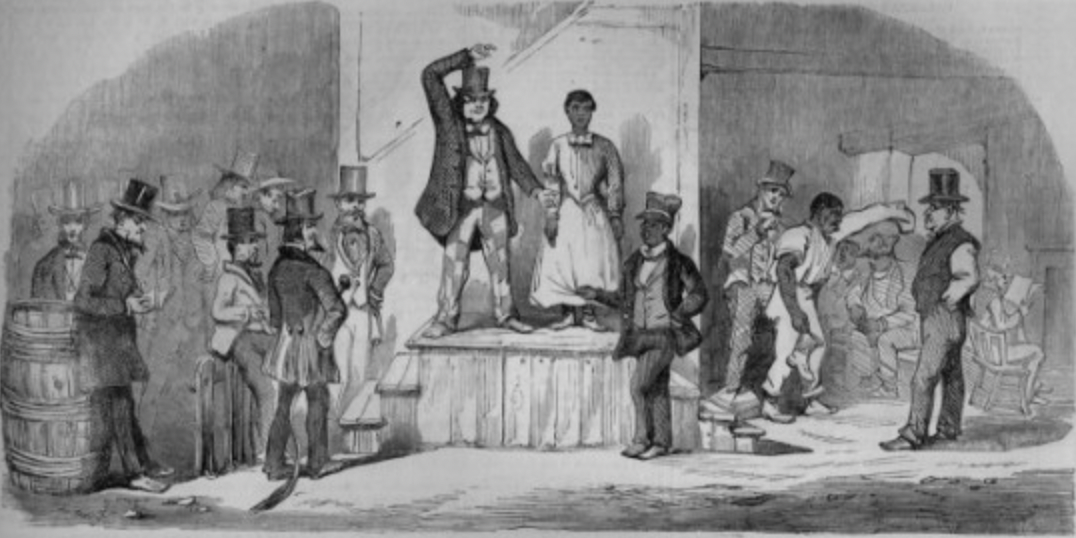
2
New cards
C.L.R. James
- Cyril Lionel Robert James
- Trinidadian
- Historian, Activist
- Postcolonial Theorist
- The Black Jacobins, 1938
- Trinidadian
- Historian, Activist
- Postcolonial Theorist
- The Black Jacobins, 1938
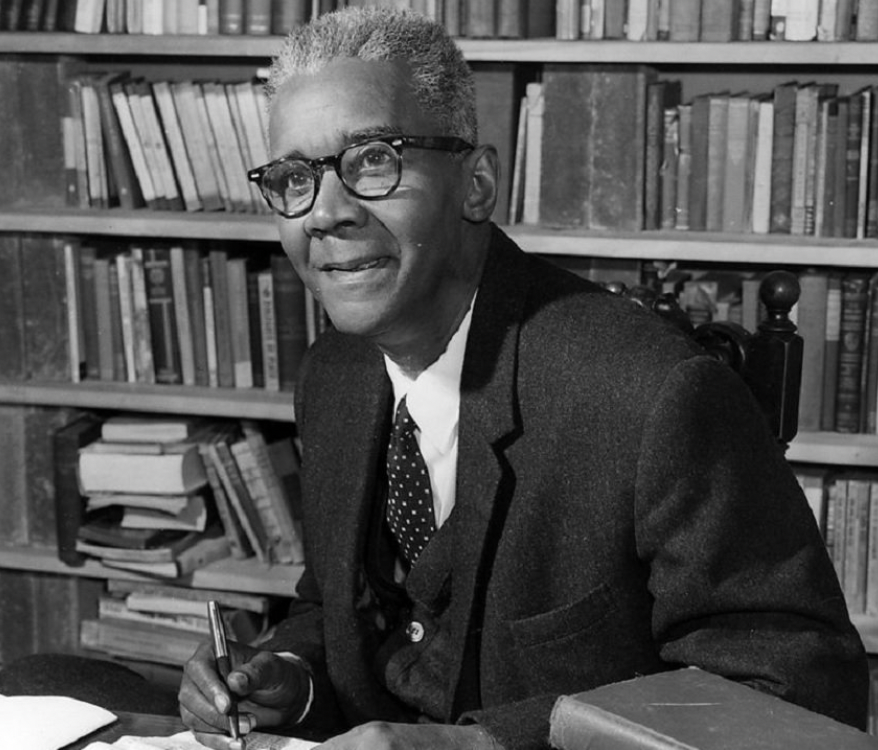
3
New cards
Toussaint L'ouverture
- Born into slavery but earned his freedom
- Had the advantage of being literate and used this to his advantage
- Occupied a liminal space which allowed him great advantage as a commander of soldier, but also a keen understanding of his enemy
- Had the advantage of being literate and used this to his advantage
- Occupied a liminal space which allowed him great advantage as a commander of soldier, but also a keen understanding of his enemy
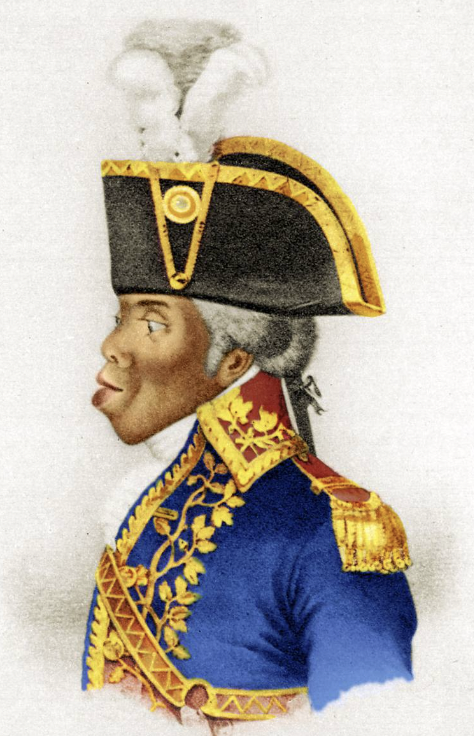
4
New cards
The Revolution
- Both Anti-slavery and Anti colonial
- The US, Thomas Jefferson in particular, was hostile to Haitian Independence (The US would not recognize Haiti until 1862)
- Haiti and Simon Bolivar had a connection that is often glossed over in histories of Latin America
- Haiti paid approx. 560 million dollars but the demand for reparations by France accounted to a total of 21 billion dollars being taken away from the Haitian people
- The US, Thomas Jefferson in particular, was hostile to Haitian Independence (The US would not recognize Haiti until 1862)
- Haiti and Simon Bolivar had a connection that is often glossed over in histories of Latin America
- Haiti paid approx. 560 million dollars but the demand for reparations by France accounted to a total of 21 billion dollars being taken away from the Haitian people
5
New cards
Connections to the Americas
- In December of 1815, after being defeated in Cartagena by the Spanish, Simon Bolivar arrived in Aux Cayes, Haiti. The trip as the secure the aid of Alexandre Petion, who at the time was the first president of the newly-liberated Haiti.
- Petion provided supplies to the Bolivar, which included 4,000 rifles, gunpowder, food and a printing press. He also provided Bolivar with Haitian military strategists and veterans from the Haiti's revolution to accompany him on his April 1816 expedition.
- In return, Petion only asked that Bolivar free all the enslaved Africans in Spanish held territories.
- Petion provided supplies to the Bolivar, which included 4,000 rifles, gunpowder, food and a printing press. He also provided Bolivar with Haitian military strategists and veterans from the Haiti's revolution to accompany him on his April 1816 expedition.
- In return, Petion only asked that Bolivar free all the enslaved Africans in Spanish held territories.
6
New cards
Bolivar
- First expedition failed miserably.
- Second expedition in 1816 was a success, liberating what is today part of northwest Brazil, Guyana, Venezuela, Ecuador, Colombia, Panama, northern Peru, Costa Rica, Panama, and Bolivia.
- Bolivar never formally recognized Haiti and collaborated with the United States and John Quincy Adams to exclude Haiti from the first Congress of American States in 1826.
- Second expedition in 1816 was a success, liberating what is today part of northwest Brazil, Guyana, Venezuela, Ecuador, Colombia, Panama, northern Peru, Costa Rica, Panama, and Bolivia.
- Bolivar never formally recognized Haiti and collaborated with the United States and John Quincy Adams to exclude Haiti from the first Congress of American States in 1826.
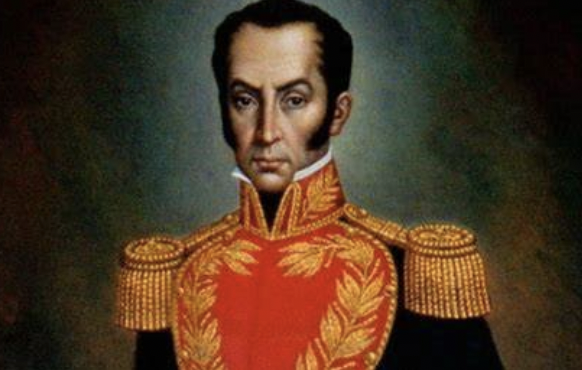
7
New cards
Legacy of the Haitian Revolution
- Inspired many rebellions in other parts of the Americas
- Also led to the anti-Haitian sentiment that is still prevalent today
- Directly influenced efforts towards the decolonization of large portions of Latin America
- Also led to the anti-Haitian sentiment that is still prevalent today
- Directly influenced efforts towards the decolonization of large portions of Latin America
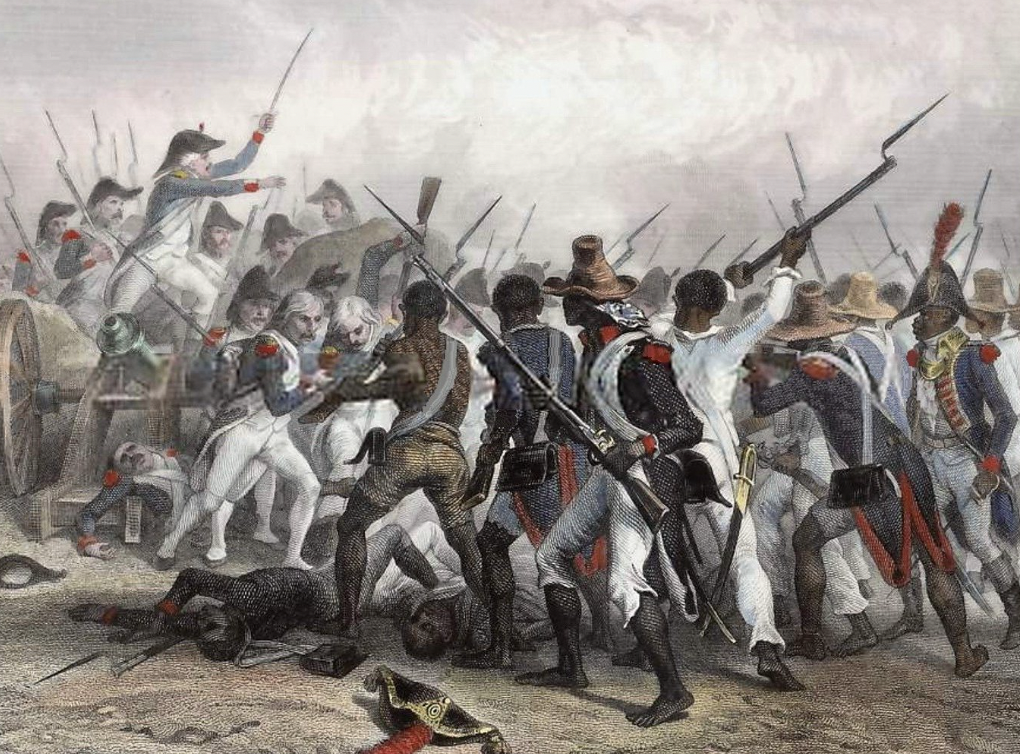
8
New cards
Reparations
- So, Haiti's president, eager for the trade and security of international recognition, bowed to France's demands. With that, Haiti set another precedent: It became the world's first and only country where the descendants of enslaved people paid reparations to the descendants of their masters - for generations. (NYT 2022)
- The debt for Haiti's revolution is shouldered by the poor. The wealthy were mostly untouched by reparations, furthering inequality in the nation.
- The debt for Haiti's revolution is shouldered by the poor. The wealthy were mostly untouched by reparations, furthering inequality in the nation.
9
New cards
German Cost Uprising
- Charles Deslondes led the uprising
- in 1811
- Andry sugar plantation in the german coats are from Louisiana
about 40 mi north of New Orleans
- Inspired by the Victorious Revolution in Haiti 7 years prior
- Numbered about 25 slaves ranks rose to over 125
- Took weapons uniforms and ammunition from militia stores
- Sang Creole songs and pillaged along the way to liberate New Orleans
fought a battle against army regulars and militiamen
- "Insurgent" casualties were 20
- in 1811
- Andry sugar plantation in the german coats are from Louisiana
about 40 mi north of New Orleans
- Inspired by the Victorious Revolution in Haiti 7 years prior
- Numbered about 25 slaves ranks rose to over 125
- Took weapons uniforms and ammunition from militia stores
- Sang Creole songs and pillaged along the way to liberate New Orleans
fought a battle against army regulars and militiamen
- "Insurgent" casualties were 20
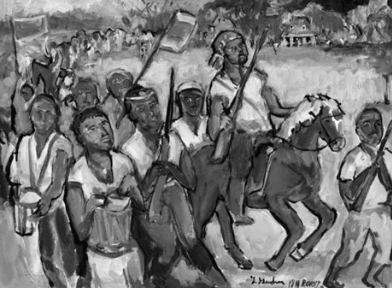
10
New cards
The Great Revolt - 1835
- Enslaved Muslims in Bahia, a northern state in Brazil
- Inspired By the Haitian Revolution - Wore Necklaces with photos of
Dessalines
- Literacy played a huge role in the Revolt
- Led to changes in the way that slave traffickers kidnapped and sold people into bondage.
- Inspired By the Haitian Revolution - Wore Necklaces with photos of
Dessalines
- Literacy played a huge role in the Revolt
- Led to changes in the way that slave traffickers kidnapped and sold people into bondage.